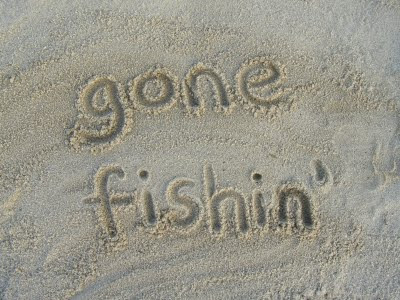
Calypso is a style of Afro-Caribbean music that originated in Trinidad and Tobago from African and European roots. The roots of the genre lay in the arrival of enslaved Africans, who, not being allowed to speak with each other, communicated through song. This forged a sense of community among the Africans, who saw their colonial masters change rapidly, bringing French, Spanish and British music styles to the island of Trinidad. The French brought Carnival to Trinidad, and calypso competitions at Carnival grew in popularity, especially after the abolition of slavery in 1834. While most authorities stress the African roots of calypso, in his 1986 book "Calypso from France to Trinidad, 800 Years of History" veteran calypsonian The Roaring Lion (Rafael de Leon) asserted that calypso descends from the music of the medieval French troubadours.
Kelvin Pope, known in the Calypso world as 'The Mighty Duke', is a legendary Calypsonian whose work spans a period of over fifty years.
Born in 1930 in Point Fortin, south Trinidad, 'Duke' grew up in a period that was marked by striking workers who challenged the colonial authorities by protesting against working conditions, wages, racism and exploitation in the oilfields.
Growing up in this turbulent period would have a lasting impact on Kelvin Pope and the music that he would create in years to come.
He started his calypso career at a calypso tent in Point Fortin but moved to the Southern Brigade Tent in San Fernando in the early 1960s. He then joined the Original Young Brigade Tent in Port-of-Spain where he performed from 1964 to 1967. He won the National Calypso Crown four times: 1968 ("What Is Calypso" and "Social Bacchanal"); 1969 ("Black Is Beautiful" and "One Foot Visina"); 1970 ("Brotherhood of Man" and See Through"); and 1971 ("Mathematical Formula" and "Melvine & Yvonne"). He also won the Road March title in 1987 with "Thunder." He died in 2009.
Tracklist.
1 The Mighty Duke - What is Calypso ?
2 The Mighty Duke - Woman baccanal
3 Canary - Beatnik generation
4 Canary - Tribute to Luther King
5 Fighter - What you sow you reap
6 Fighter - Pom pom
7 Fighter - Send me instead
8 Blakie - Monica
9 Blakie - We ain't going back again
10 The Mighty Duke - Send them girls by me
(320 kbps, cover art included)

















